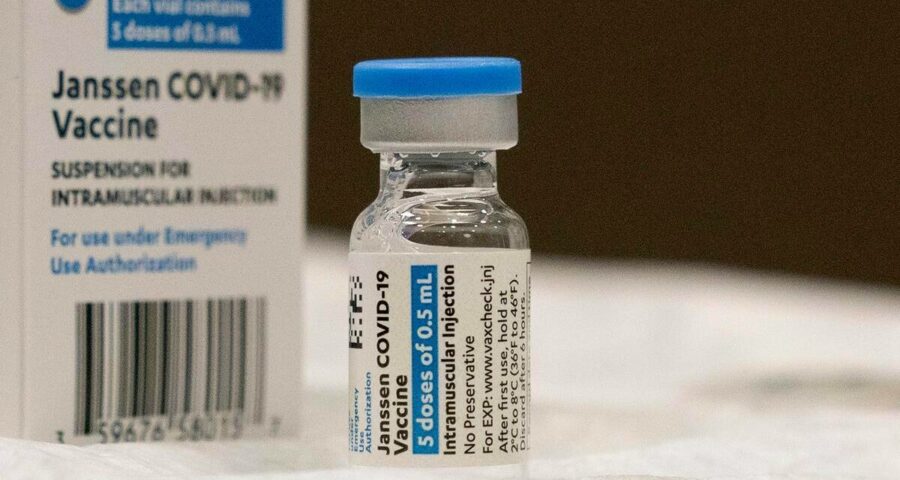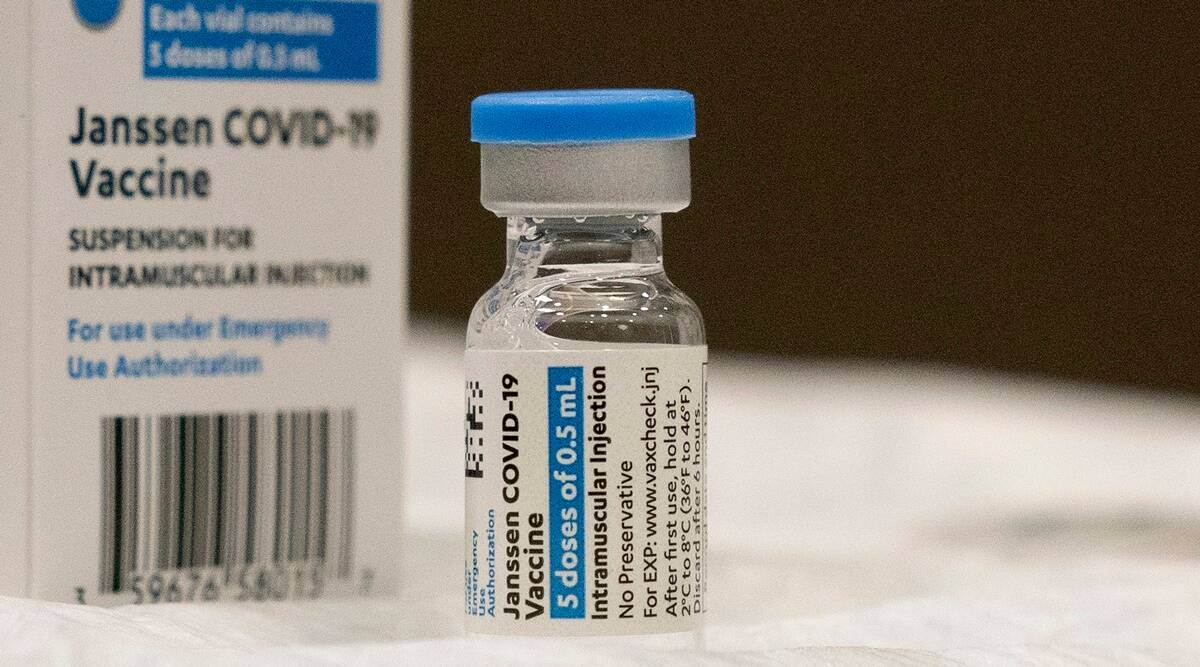A booster dose of the Johnson & Johnson COVID jab has a 94% efficacy rate, the drugmaker said.
In the United States, pharmaceutical company Johnson & Johnson said a second shot of its COVID-19 vaccine given two months after the first dose increased efficacy to 94%. This was found to be the case against moderate to severe courses.
A single dose has been found to give 70% protection.
“A booster dose of the Johnson & Johnson COVID-19 vaccine further increases antibody responses among study participants who had previously received our vaccine,” said Dr. Mathai Mammen, head of research and development at J&J. The company previously published data showing its one-shot dose provided protection for up to eight months after immunisation.
J&J said in statement that it ran two early studies in people previously given its vaccine and found that a second dose produced an increased antibody response in adults from age 18 to 55. The study’s results haven’t yet been peer-reviewed.
J&J’s vaccine is approved for use in the US, across Europe and there are plans for at least 200 million doses to be shared with the UN-backed COVAX effort aimed at distributing vaccines to poor countries. But the company has been plagued by production problems and millions of doses made at a troubled factory in Baltimore had to be thrown out.
The J&J vaccine has been considered critical by numerous health officials to ending the pandemic because it requires only one shot, but fears about the easier-to-spread delta coronavirus variant have prompted numerous governments to consider the use of booster shots for many approved vaccines.
US President Joe Biden has been pushing for widespread booster shots, but his vaccination campaign received a blow last week, when a panel of experts advising the US Food and Drug Administration, recommended against booster shots for younger population groups.
The World Health Organisation has urged rich countries to stop administering booster doses until at least the end of the year, saying vaccines should immediately be redirected to Africa, where fewer than 4per cent of the population is fully immunised.
In a paper published last week in the journal Lancet, top scientists from the WHO and FDA argued that the average person doesn’t need a booster shot and that the authorised vaccines to date provide strong protection against severe COVID-19, hospitalisation and death.
Source: Read Full Article


